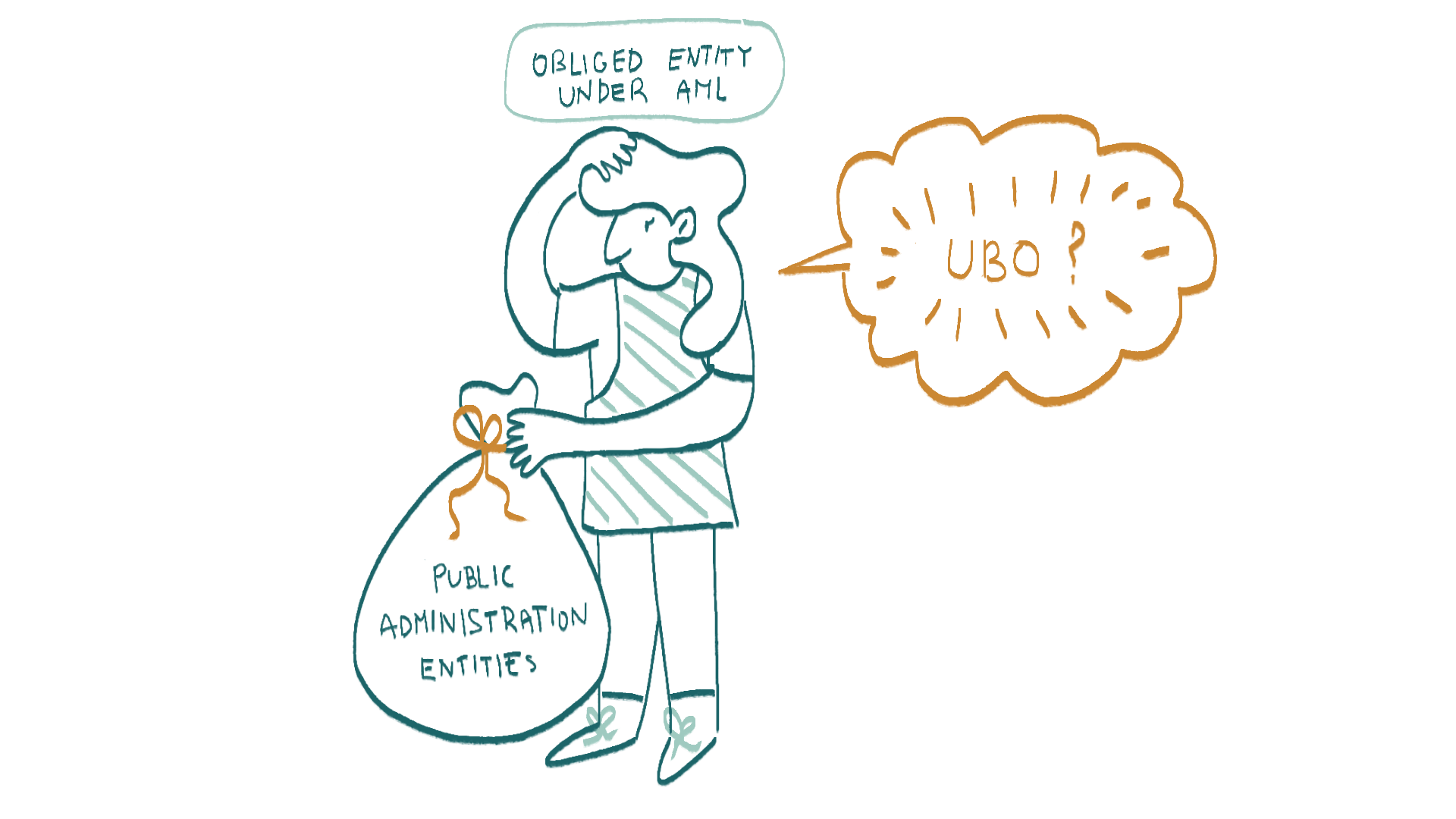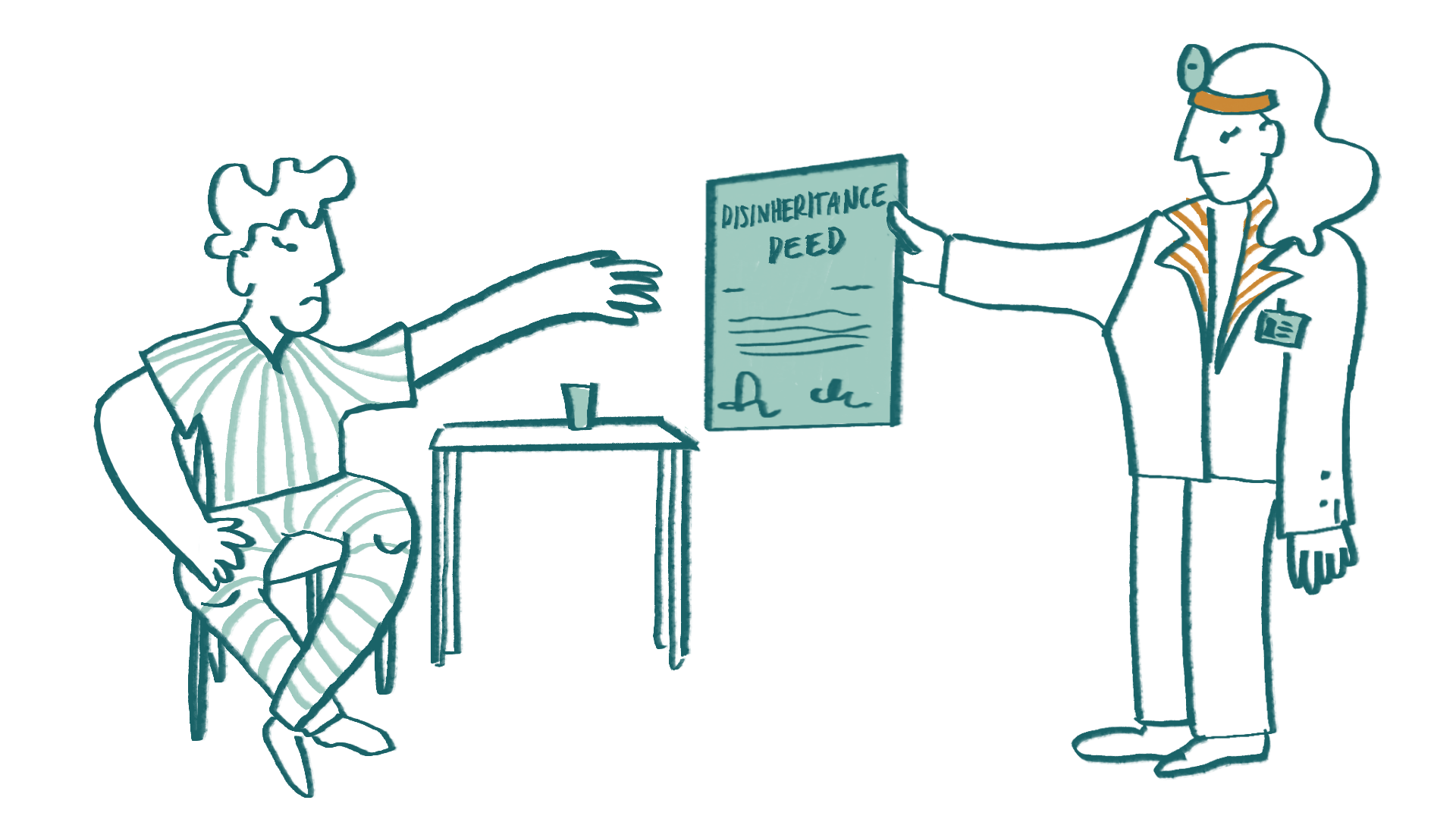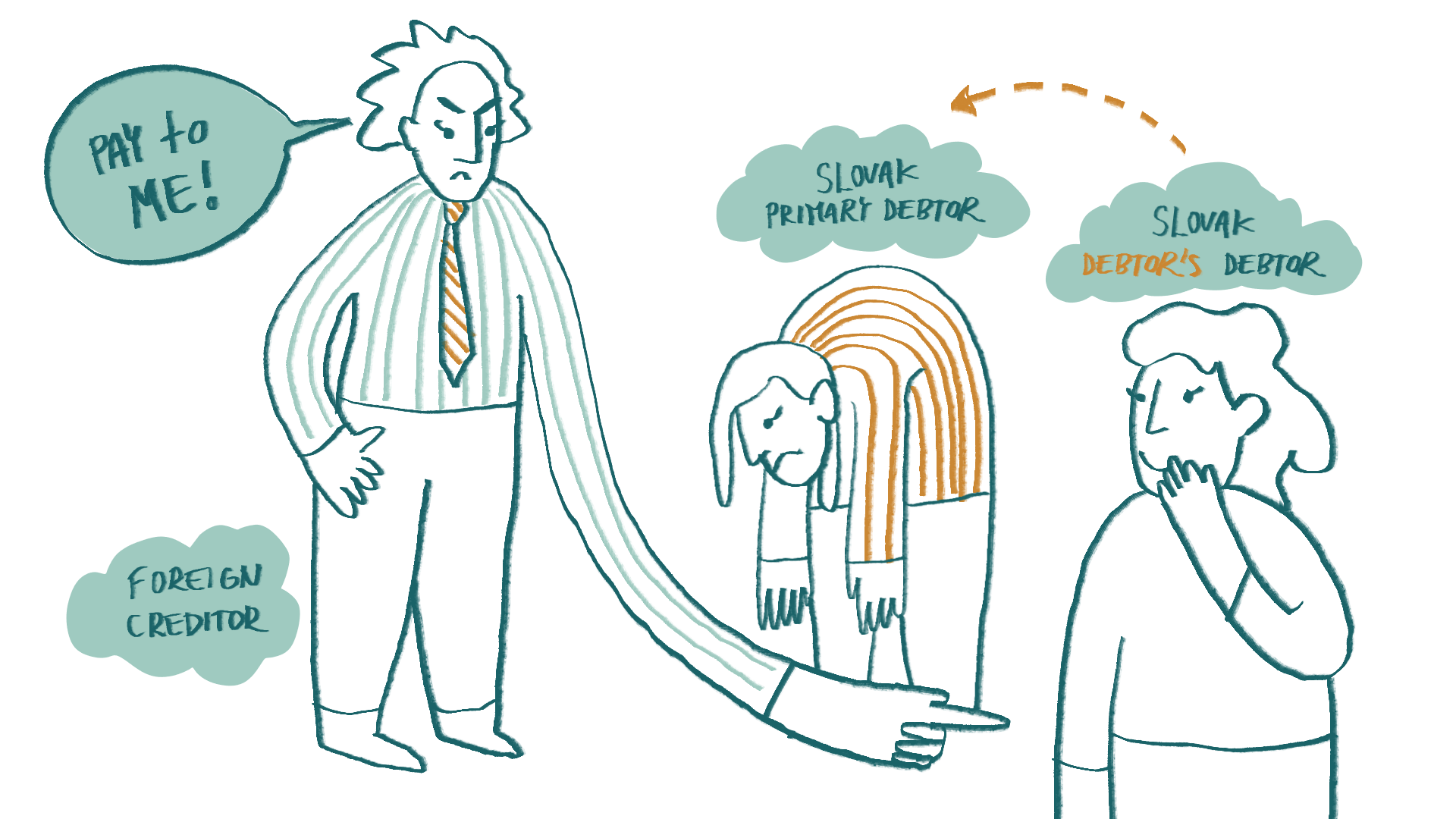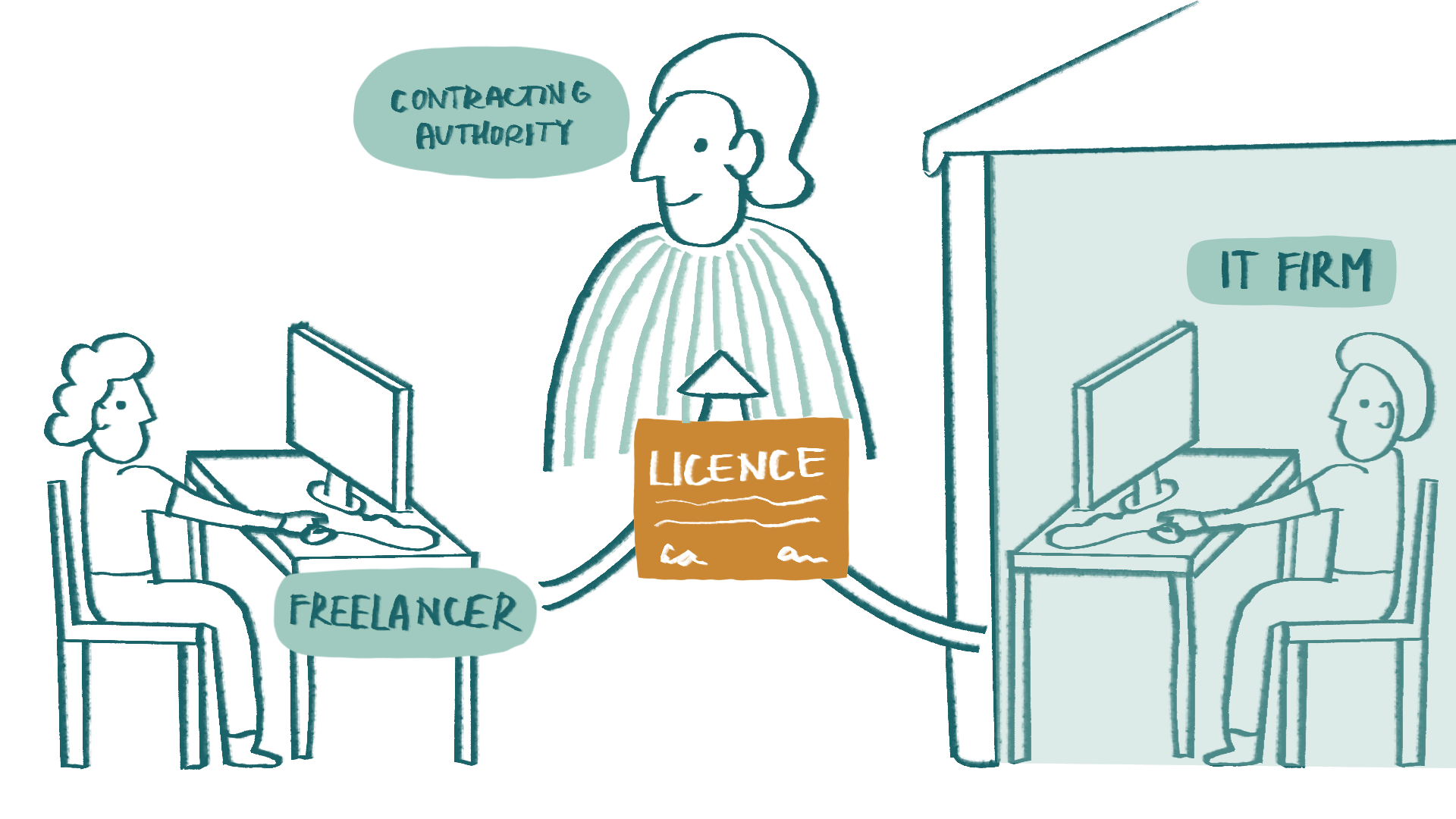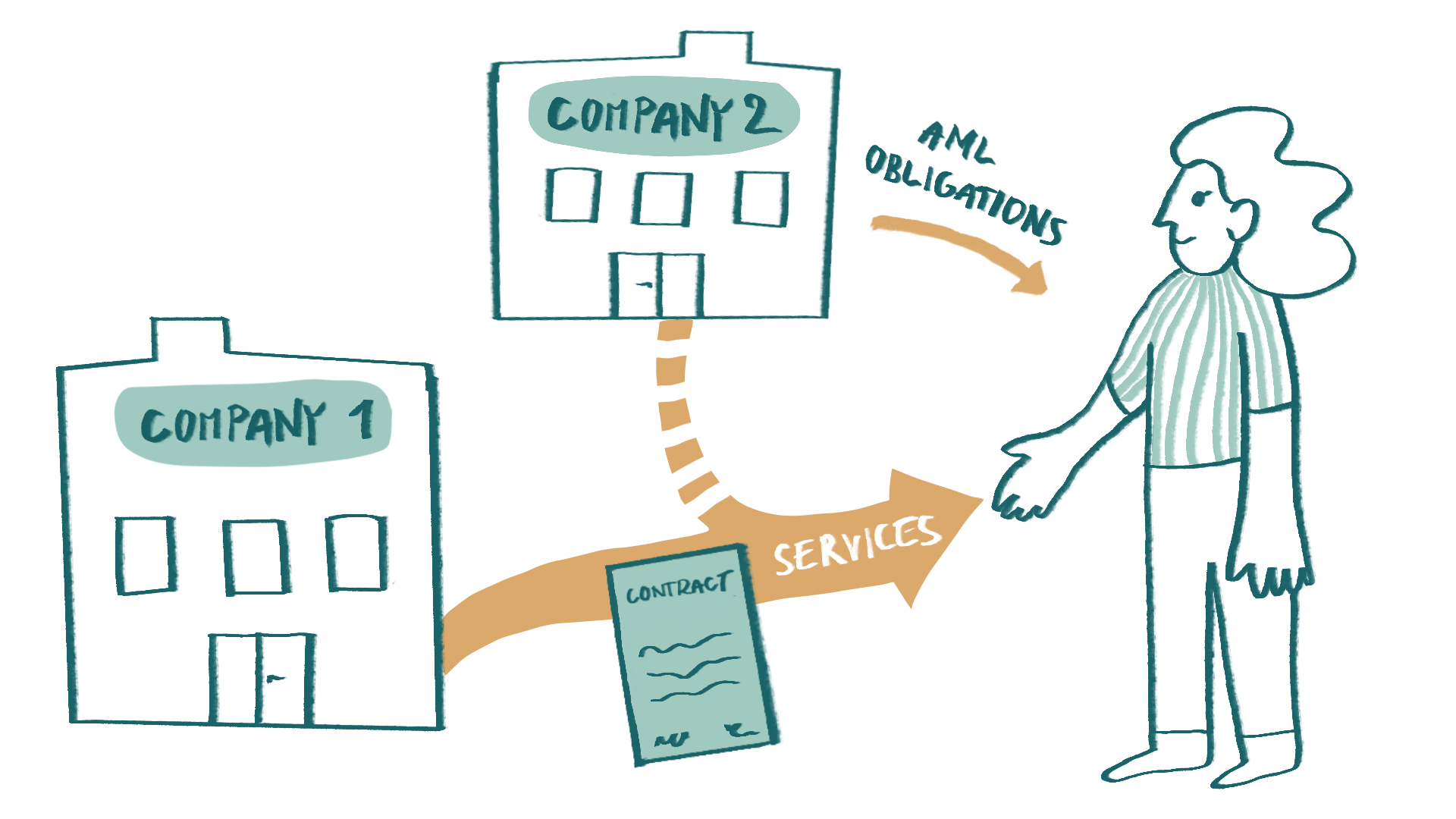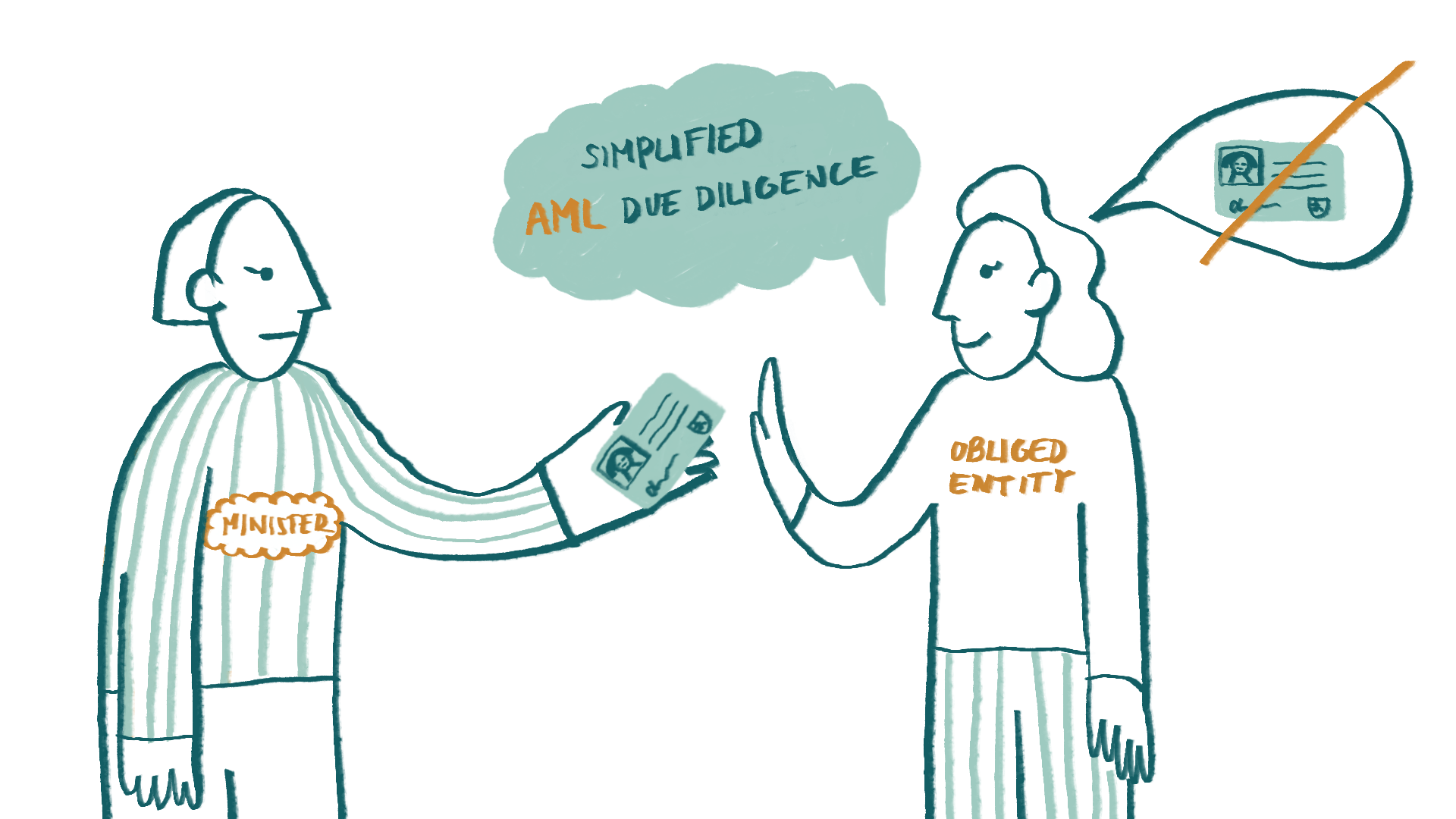Our organization is procuring services as a public contracting authority. In the tender, we received two offers. In one case, the bidder did not meet the participation requirements. In the other case, the participation requirements are met, but the offered price is too high for us. Currently, it does not exceed the estimated contract value, but since the contract is concluded for a longer period and the price may increase based on mechanisms agreed upon in the contract (especially in relation to labour cost growth and inflation), the price may disproportionately increase in future years. We do not want to burden the future budget of our organization and want to negotiate with the bidder who met the participation requirements to lower the price. Does the Public Procurement Act allow such a procedure, or do we have to accept the offer if we do not want to cancel the procurement and re-tender the services?
You received two offers, but in reality, you can only consider accepting one of them since the second bidder did not meet the participation requirements. You have not mentioned whether or not you initially planned to use an electronic auction, which theoretically could have allowed you to reduce the price. However, currently, you only have one offer, so an electronic auction is out of the question.
One thing that can be considered, is the procedure under the provision of Section 56 (8) of the Public Procurement Act. This is provided that you announced the public procurement after the amendment that added this provision to the law became effective, i.e., after March 31, 2022. Public procurements announced before this date must be completed in compliance with the regulations in effect at that time.
The last sentence of the provision of Section 56 (8) of the current Public Procurement Act states: “Before a written invitation to conclude the contract, the public contracting authority and the contracting authority may negotiate with the successful bidder or bidders exclusively about contract price reduction” From the wording of this provision and related provisions of the law, it follows that you must first notify the bidder that you have accepted their offer and thus they have become the successful bidder. Then you can negotiate with them about reducing the price. The law does not specify how the negotiation should proceed. However, we believe it is appropriate to inform the successful bidder that you intend to negotiate a price reduction either simultaneously with the notification of the acceptance of their offer or without undue delay after delivering such a notification. You invite the successful bidder to negotiate a price reduction, propose a date or multiple dates for negotiation, and ask them to confirm the date or one of the dates. In our opinion, you do not need to state in the invitation why the price seems high to you and what would you like it to be. This can be left for the negotiation itself.
Regarding the conduct of the negotiation, we believe it should proceed in line with common principles of commercial negotiation. The question is, what is the negotiating power of the public contracting authority if they have already informed the successful bidder that their offer has been accepted. Is the public contracting authority obliged to conclude the contract with the successful bidder, or do they not have such an obligation? And if they do not conclude the contract, can the public procurement be cancelled due to failed price negotiations? Even though you have not asked these questions, we consider answering them important.
According to the explanatory report to the supplemented provision of Section 56 (8) of the Public Procurement Act, the public contracting authority is not authorized to cancel the public procurement due to failure to achieve a price reduction. We agree with this statement; however, in our opinion, it does not mean that the public contracting authority may not cancel the public procurement at all. The public contracting authority cannot justify cancelling the public procurement by stating that they failed to lower the offered price, as such a reason for cancelling the tender is not recognized by law. However, if one of the reasons for cancelling the public procurement pursuant to the provision of Section 57 of the Public Procurement Act is met, we believe that cancellation can occur. In your case, two reasons for cancelling the public procurement could be met. The first reason is that fewer than two offers were submitted, and the second reason is that the price proposed in the submitted offer is higher than the estimated contract value.
Therefore, in our opinion, the public contracting authority is not in a completely powerless position when negotiating a price reduction according to Section 56 (8) of the Public Procurement Act. It is also possible that if they do not manage to achieve a lower price, they may cancel the public procurement. However, the reason for the cancellation will not be the failed price negotiation but the fact that the price proposed by the only offer is higher than the estimated contract value. Our opinion is also in line with the methodological guideline of the Public Procurement Office no. 15437-5000/2022, which, although not binding, indicates how the Office might approach assessing this issue.
However, the public contracting authority should always act in accordance with the principles of public procurement, particularly the principles of transparency and effectiveness. Therefore, it should act without undue delay and communicate transparently with the bidder from the outset that there is a possibility of cancelling the public procurement due to a higher offer price than the estimated contract value. If the public contracting authority delays the negotiations, does not inform the bidder about the possibility of cancellation, and creates an expectation that the contract will be concluded, such conduct could be considered non-transparent and inefficient. The fact that fewer than two offers were submitted was known to the public contracting authority from the beginning. If they wanted to cancel the public procurement because they did not receive more than two offers, and thus the competition was limited by the number of bidders, this fact was already known to them. If they then delayed for several months, trying to pressure the successful bidder to lower the price, and then decided to cancel the competition only on the grounds of the low number of offers, it would indicate non-transparency and potential abuse of the competition, and it would also be contrary to the principle of efficiency.
So, the answer to your question is that you may certainly negotiate a price reduction. However, whether the competition can be cancelled due to unsuccessful negotiations needs to be carefully considered, and the public contracting authority’s actions preceding the potential cancellation of the competition must be transparent and efficient.



